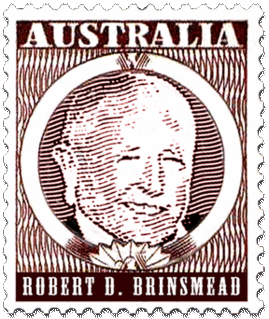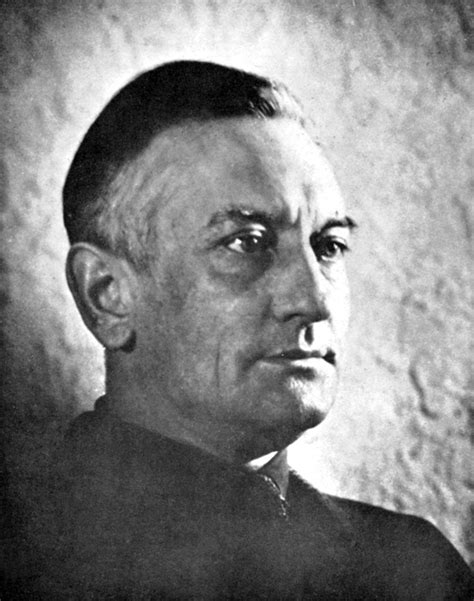A Quote by John Quincy Adams
In what light soever we regard the Bible, whether with reference to revelation, to history, or to morality, it is an invaluable and inexhaustible mine of knowledge and virtue.
Related Quotes
Sad, indeed, would the whole matter be if the Bible had told us everything God meant us to believe. But herein is the Bible greatly wronged. It nowhere lays claim to be regarded as the Word, the Way, the Truth. The Bible leads us to Jesus, the inexhaustible, the ever-unfolding Revelation of God. It is Christ "in whom are hid all the treasures of wisdom and knowledge," not the Bible, save as leading to Him.
Inclusivism: Whereas Exclusivists regard general revelation as informative only and special revelation as both informative and salvific, Inclusivists, by contrast, regard general revelation as both informative and salvific and special revelation as even mere deeply informative and even more effectively and widely salvific!
The Bible in itself is not the Word of God. The Word of God is a person. Neither does the Bible have life, power or light in itself any more than did the Jewish Torach. These attributes may be ascribed to the Bible only by virtue of its relationship to Him who is Word, Life, Power and Light. Life is not in the book, as the Pharisees supposed, but only in the Man of the book .
I would argue that the truth of Easter does not depend on whether there was an empty tomb, or whether anything happened to the body of Jesus. ... I do not see the Christian tradition as exclusively true, or the Bible as the unique and infallible revelation of God. ... It makes no historical sense to say, 'Jesus was killed for the sins of the world.' ... I am one of those Christians who does not believe in the virgin birth, nor in the star of Bethlehem, nor in the journeys of the wisemen, nor in the shepherds coming to the manger, as facts of history.
If one does not make human knowledge wholly dependent upon the original self-knowledge and consequent revelation of God to man, then man will have to seek knowledge within himself as the final reference point. Then he will have to seek an exhaustive understanding of reality. He will have to hold that if he cannot attain to such an exhaustive understanding of reality he has no true knowledge of anything at all. Either man must then know everything or he knows nothing. This is the dilemma that confronts every form of non-Christian epistemology
I'm not saying that atheists can't act morally or have moral knowledge. But when I ascribe virtue to an atheist, it's as a theist who sees the atheist as conforming to objective moral values. The atheist, by contrast, has no such basis for morality. And yet all moral judgments require a basis for morality, some standard of right and wrong.
Let the gentleman go to Revelation to learn the decree of God - let him go to the Bible. . . . I said that slavery was sanctioned in the Bible, authorized, regulated, and recognized from Genesis to Revelation. . . . Slavery existed then in the earliest ages, and among the chosen people of God; and in Revelation we are told that it shall exist till the end of time shall come. You find it in the Old and New Testaments - in the prophecies, psalms, and the epistles of Paul; you find it recognized - sanctioned everywhere.
































